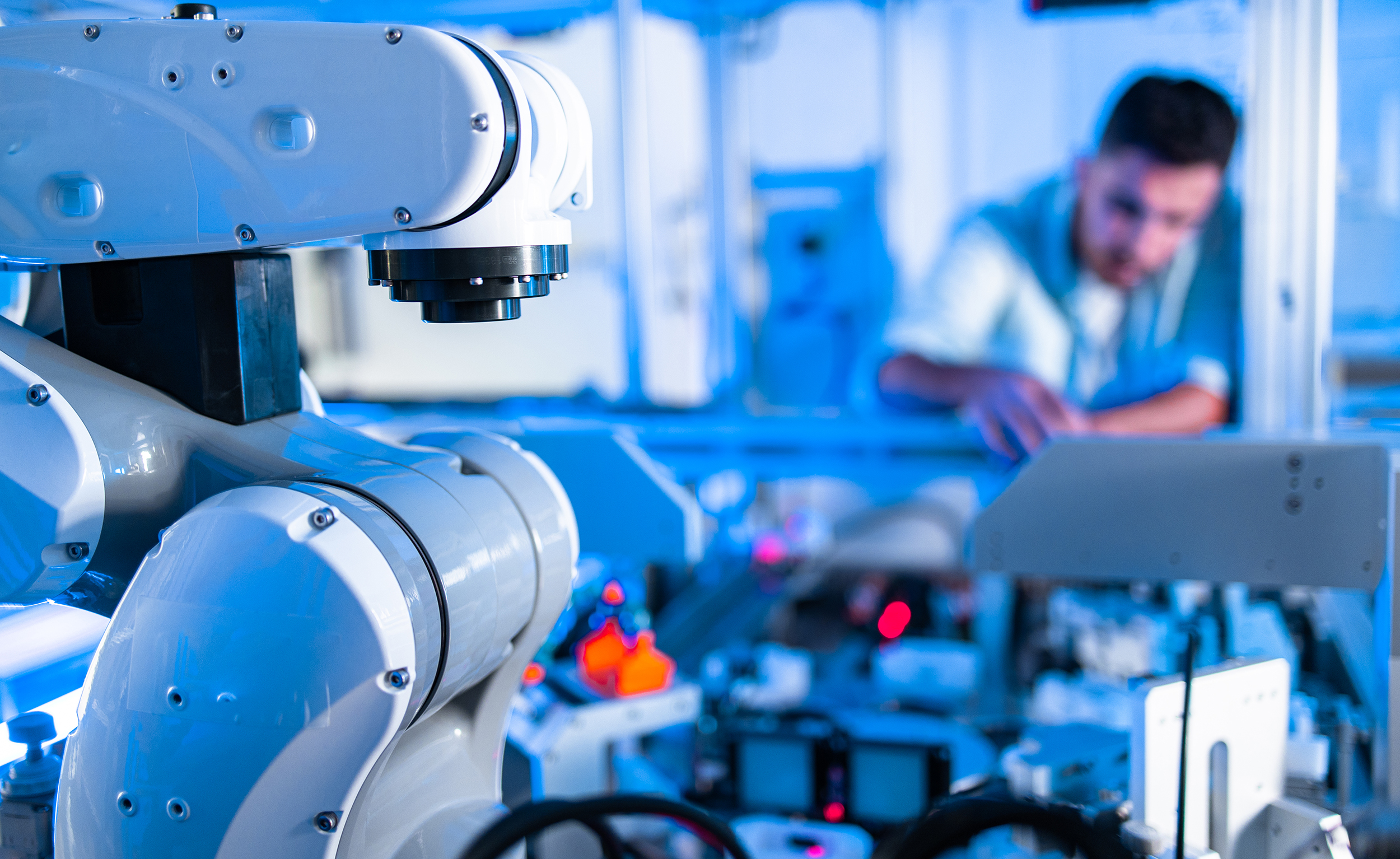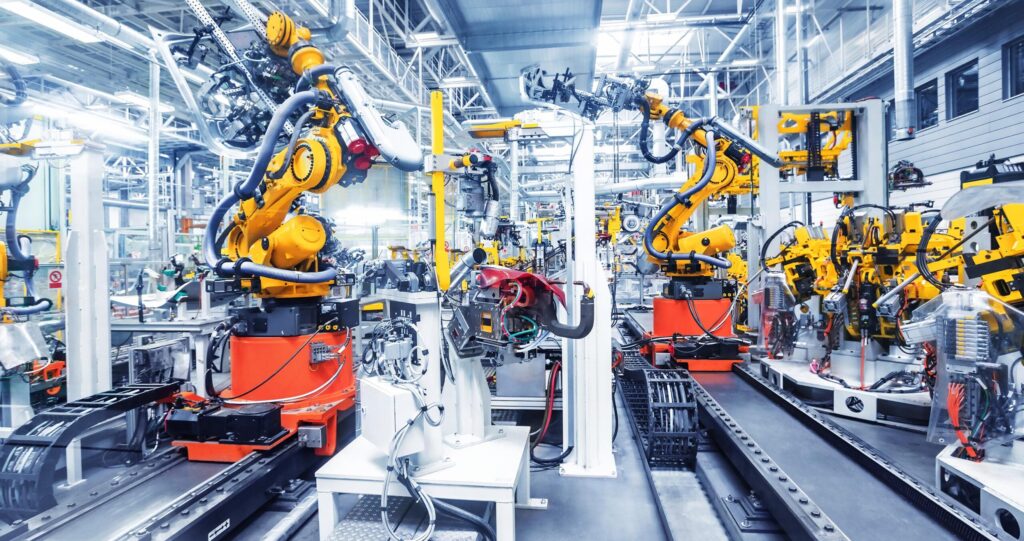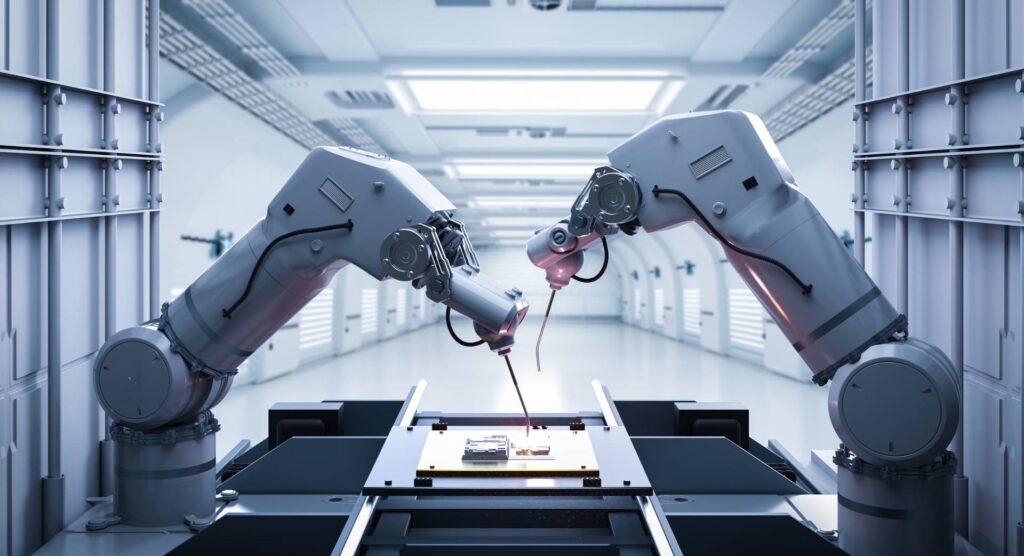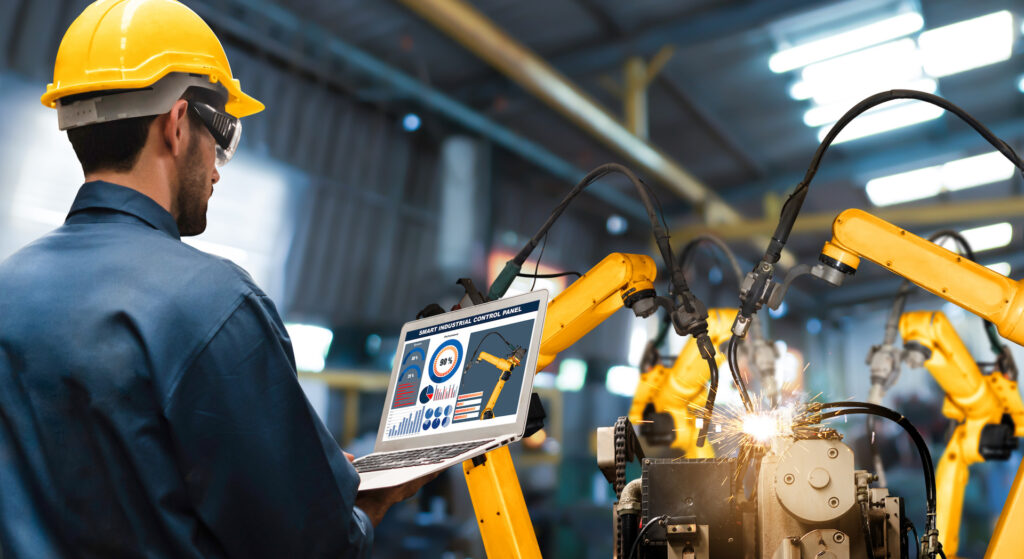Automation Technologies: Shaping the Future of Work and Industry

Automation technologies are at the forefront of a transformative revolution, altering the way industries operate and elevating efficiency, precision, and innovation. From manufacturing and healthcare to finance and agriculture, these technologies are leaving an indelible mark on the future of work and industry.
In this blog, we will take a better look at the profound impact of automation technologies, the manifold benefits they offer, and the complex challenges they present.
The Ascendancy of Automation Technologies
Automation technologies represent a realm where machines, software, and systems work autonomously or semi-autonomously with minimal human intervention. Their exponential growth in recent years can be attributed to advancements in artificial intelligence, robotics, and data analytics. Key components of automation technologies encompass:
- Artificial Intelligence (AI): Encompassing machine learning, natural language processing, and computer vision, AI empowers machines to understand, learn from, and interact with data. It enables the analysis of extensive datasets, prediction-making, and the automation of decision-making processes.
- Machine Learning: This is a subset of AI focusing on the creation of algorithms that facilitate computer learning from experience. Machine learning finds applications in recommendation systems, predictive analytics, and autonomous vehicles, among others.
- Internet of Things (IoT): This refers to networks comprising interconnected physical devices and objects that collect and exchange data. Automation within IoT facilitates remote monitoring, control, and optimisation of diverse systems, from smart homes to industrial machinery.
Impact Across Industries

Automation technologies are significantly reshaping numerous industries, transforming operations and business models. Key examples of their influence include:
- Manufacturing: A revolutionising force, automation enhances manufacturing processes, boosting productivity and precision while reducing labour costs. Modern factories feature robots and automated assembly lines.
- Transportation: The transportation sector witnessed a paradigm shift with self-driving cars and electric autonomous vehicles, promising safer and more efficient mobility.
- Retail and E-commerce: Warehousing and logistics benefit from automation, automating order fulfilment processes, leading to quicker and more accurate deliveries.
- Energy: Smart grids, automated power plants, and renewable energy systems harness automation for optimal energy production and distribution, incorporating advanced data analysis in oil and gas industry techniques to enhance efficiency and decision-making processes.
- Finance: Robotic process automation (RPA) is integral to the finance industry, aiding tasks such as fraud detection, algorithmic trading, and customer service chatbots.
The Advantages of Automation Technologies

Adopting automation technologies offers numerous advantages across industries:
- Cost Savings: Reduced labour costs and operational errors lead to substantial financial savings for businesses.
- Precision and Accuracy: Automation technologies perform tasks with meticulous precision, minimising human errors.
- Safety: Autonomous systems can function in hazardous environments, mitigating risks to human workers.
- 24/7 Operations: Automated systems operate round-the-clock, ensuring uninterrupted service and monitoring.
- Data Analysis: Machine learning and AI can analyse extensive datasets rapidly, providing data-driven insights and aiding decision-making.
- Improved Quality: Automation technologies enhance product quality by minimising defects and variations in manufacturing.
- Enhanced Efficiency: Automation streamlines processes, reducing task completion times and elevating overall productivity.
What are the Challenges and Considerations?

While automation technologies offer significant benefits, they also present challenges and considerations:
- Initial Investment: Implementing automation technologies necessitates substantial upfront investments in equipment, software, and training.
- Job Displacement: Automation’s potential to displace jobs in certain industries raises concerns, demanding workforce reskilling and upskilling.
- Complexity: The implementation of complex automation systems can be daunting, requiring specialised expertise and resources.
- Ethical and Regulatory Concerns: The rise of autonomous systems poses ethical and regulatory questions related to safety, privacy, and liability.
- Interoperability: Ensuring seamless integration among various automation technologies is pivotal for successful implementation.
Building a Future with Automation
Automation technologies are steering the future of work and industry, promising heightened efficiency, precision, and safety. As businesses and organisations continue to embrace these technologies, navigating the accompanying challenges is crucial while capitalising on the potential for innovation and progress.
Automation signifies a future where human capabilities are enhanced, ushering in new possibilities for a more efficient and interconnected world. Successfully shaping this future hinges on responsible implementation and ongoing adaptation to the evolving landscape of automation technologies. Read more about the impacts of building automation on construction.




